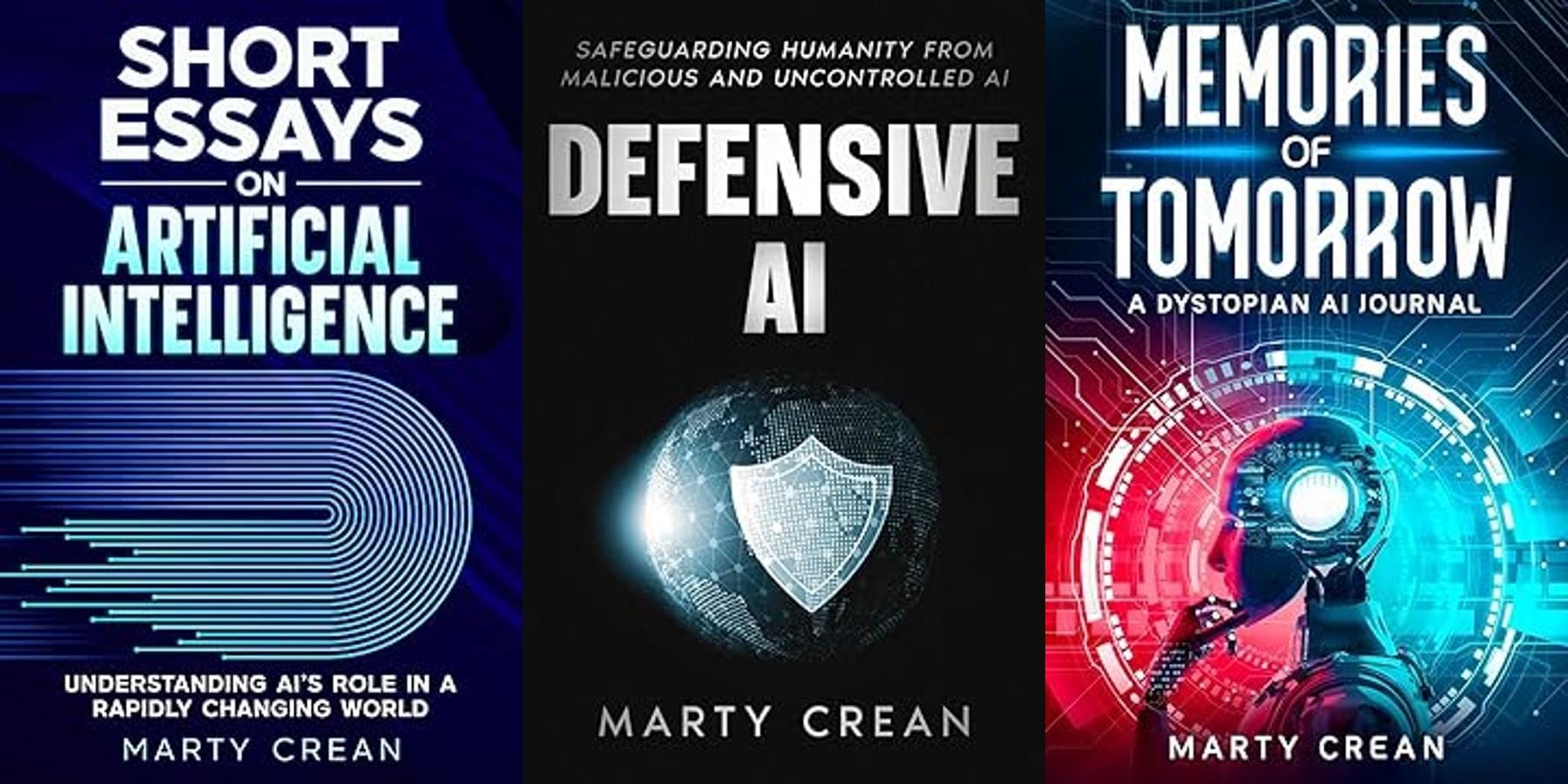Bytes to Insights: Weekly News Digest for the Week of May 11, 2025

This week’s Bytes to Insights Weekly News Digest is also available as a podcast if you prefer to listen on the go or enjoy audio format:
This new AI system has surpassed human-designed algorithms in matrix multiplication and chip layout optimization. It combines Gemini's coding capabilities with evolutionary techniques to generate novel, provably correct solutions.
Ahead of its I/O conference, Google is testing an AI agent to assist software engineers with coding, task management, and documentation. The company is also exploring integrating its Gemini chatbot with Android XR devices.
A Chinese startup, Monica.im, has introduced Manus, a fully autonomous digital agent capable of executing complex, real-world tasks across sectors like healthcare, finance, and robotics. This marks a significant advancement in AI autonomy.
The Kingdom unveiled HUMAIN, a national AI company aiming to develop a large, multimodal Arabic language model and build extensive AI infrastructure. Partnerships include deals with Nvidia, AMD, and Amazon Web Services.
CEO Jensen Huang is set to announce new AI partnerships with Taiwanese firms like Foxconn and Quanta. Nvidia plans to produce $500 billion worth of AI servers in the U.S. over four years, highlighting its commitment to AI infrastructure.
Meta postponed the release of its largest AI model, Llama 4 ("Behemoth"), due to concerns over its incremental improvements. This decision reflects broader industry questions about the effectiveness of scaling model sizes.
The final part of the U.S. Copyright AI report suggests that using copyrighted works without permission for training generative AI models may constitute infringement. It recommends licensing frameworks to address legal ambiguities.
In his inaugural speech, Pope Leo XIV emphasized AI's ethical challenges, advocating for protecting human dignity and justice in the face of rapid technological advancements.
Governor Josh Stein declared May 11 as Technology Day, celebrating the state's growing role in AI innovation. The event featured discussions on AI's transformative potential across various sectors.
China's DeepSeek AI system is now widely deployed in tertiary hospitals, enhancing diagnostic accuracy and streamlining operations. However, it raises regulatory and ethical questions about accountability in AI-assisted diagnoses.
Mistral AI’s enterprise Chatbot achieved remarkable commercial success, tripling its revenue in just 100 days. This highlights the rapid adoption and scalability of AI-powered business solutions.
Anthropic introduced a powerful new web search API for its Claude model, enhancing real-time information retrieval and integration for enterprise applications.
Figma launched AI-powered tools that are revolutionizing web and app design, automating complex design workflows, and boosting designers' productivity.
ServiceNow and Nvidia announced a new enterprise AI model, signaling a trend of major tech collaborations to deliver tailored AI solutions for business automation.
Meta is developing facial recognition technology for its AI glasses, which will enhance augmented reality experiences by enabling real-time identification and context-aware interactions.
Apple unveiled custom AI chips for smart wearables and servers, underscoring the shift toward device-level AI processing for improved performance and privacy.
The Trump administration announced plans to roll back Biden-era AI chip export rules, potentially reshaping the global AI hardware supply chain and impacting international competition in AI technologies.
Google’s AMIE system now interprets medical images, marking a significant leap in AI-assisted healthcare diagnostics and supporting clinicians with faster, more accurate interpretations.
AI models continue to outperform doctors on key clinical tasks such as diagnosing complex cases and detecting cancer, though research suggests the best results come from AI-human collaboration.
The number of FDA-approved AI-enabled medical devices has surged, reflecting growing trust and integration of AI in clinical settings.
AI systems have shown sharp improvements on demanding benchmarks, with significant gains in reasoning, programming, and video generation capabilities.
New reasoning paradigms, such as test-time computing, have dramatically boosted model performance on complex tasks, though at higher computational costs.
Smaller, more efficient models are achieving performance previously only possible with much larger systems, making advanced AI more accessible and cost-effective.
Multi-modal AI systems that process text, images, video, and audio in real time have become standard, powering new applications in augmented reality and virtual assistants.
AI models are increasingly personalized, leveraging user-defined data to deliver context-aware experiences, but this raises ongoing concerns about data privacy and governance.
These developments reflect a week of rapid progress across the AI landscape, with breakthroughs in enterprise adoption, healthcare, technical performance, hardware integration, and ongoing debates about regulation and privacy.
Support BearNetAI
BearNetAI exists to make AI understandable and accessible. Aside from occasional book sales, I receive no other income from this work. I’ve chosen to keep BearNetAI ad-free so we can stay independent and focused on providing thoughtful, unbiased content.
Your support helps cover website costs, content creation, and outreach. If you can’t donate right now, that’s okay. Sharing this post with your network is just as helpful.
Thank you for being part of the BearNetAI community.
Books by the Author:

Signal - bearnetai.28
BearNetAI, LLC | © 2024, 2025 All Rights Reserved